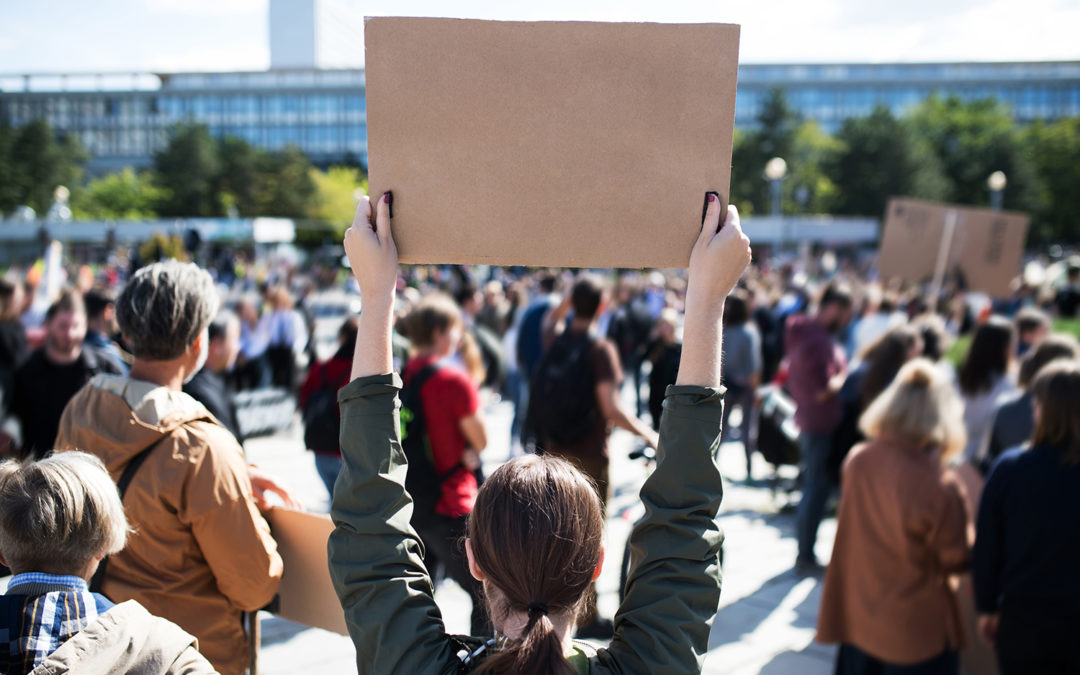
Déjà Vu
Déjà Vu
Recently, a number of us gathered online for our 50th college reunion weekend. It was kind of surreal in a couple of ways. Not being in person and having a series of events on devices was one part of that, but the bigger part was a sense of déjà vu.
Fifty years ago, police shot students at Kent State. Our campus had closed down for ten days after that but had re-opened in time to allow us seniors to graduate. I remember feeling anxious at that point in time. We had gone through the draft lottery that spring, lots of unrests, and a lot of unknowns.
Starting to sound familiar?
Although there were all kinds of fun virtual events related to our reunion, I felt distracted. I kept seeing this cycle that comes down to this: we don’t seem to learn from previous experiences.
Yes, there has been progress and there have been some changes. But some of the changes were superficial. They weren’t the big, painful, necessary advancements that change people’s lives and hearts
We’ve seen generation after generation work to break down barriers around gay rights and gay marriage. While there’s still a way to go, I think part of that is coming to know people who identify as LGBTQIA and understanding them as friends, neighbors, family, and members of our community like anyone else.
But the deeply embedded institutional racism and sexism haven’t been touched really yet. We haven’t made systemic change.
That’s the change that’s both really painful and really necessary. While there are a lot of incredible people working to overhaul these systems, there are also lots of people who benefit from the current system and are invested in keeping it that way. We can’t let this opportunity for change pass us by.
I think people have been pointing out institutional problems along the way, but have we really listened? When we talk about having diverse campuses, for example, we are talking primarily about attending students. We’re not factoring in faculty, staff, and administrators.
Having a more diverse student population is important, but who they see as role models or people doing the work they want to do matters a great deal.
When I get that feeling of déjà vu, that feeling of “here we are again, how have we not come further,” I think about the youth who are refusing to stay silent. I hope there are enough younger people involved in this movement that when offers of superficial fixes come along, they won’t just sit down and say “we’ll settle for this.”
I still have my fingers crossed that big change will come. Hopefully soon.
*Barbara’s thoughts as written by Kate based on weekly (fascinating) conversations.



